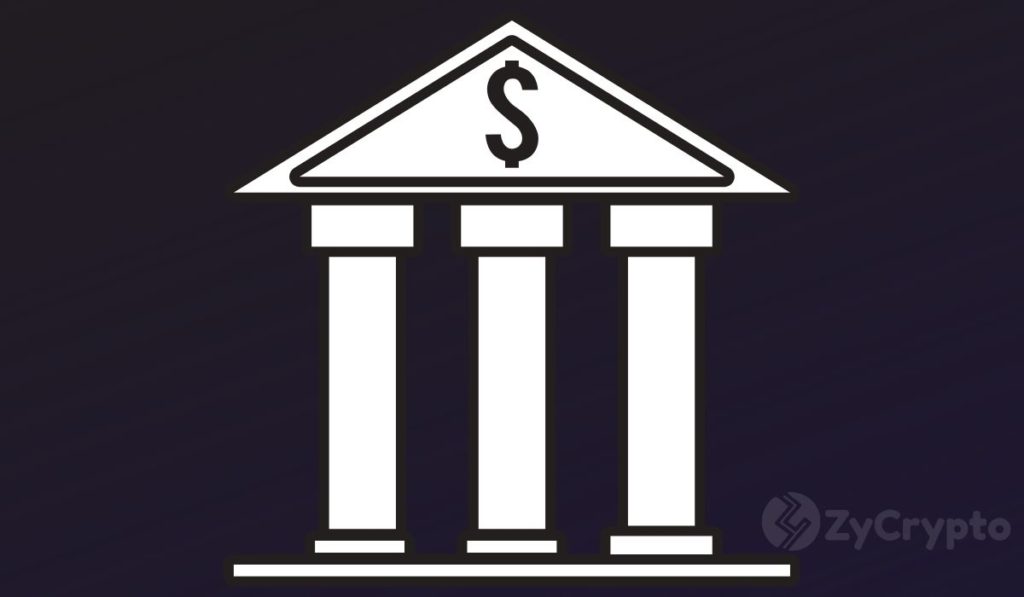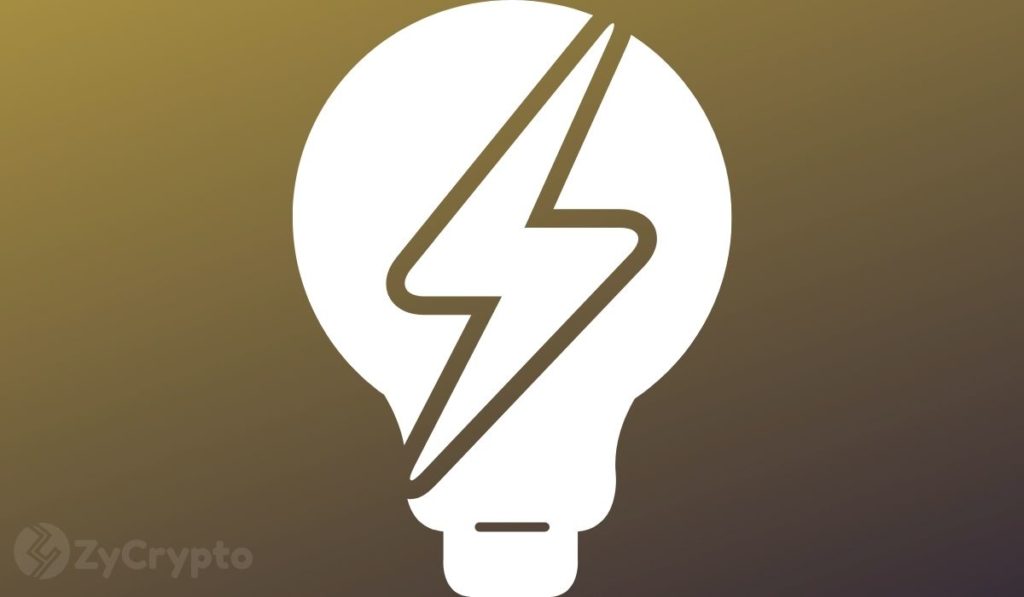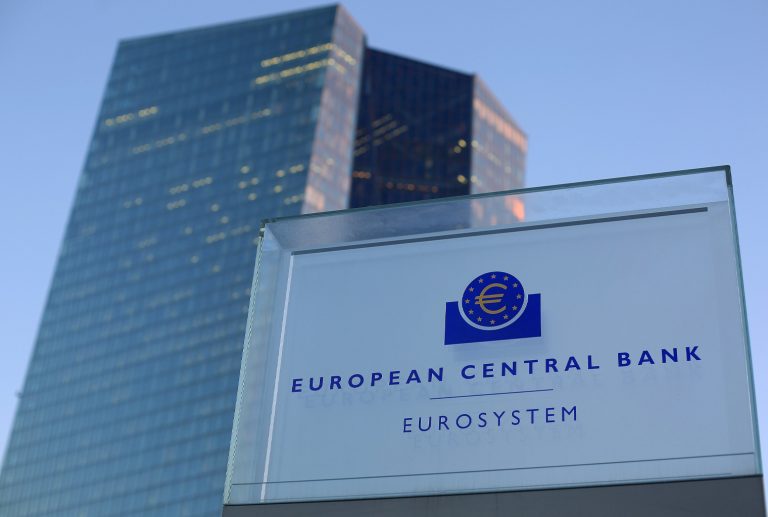2022-8-5 20:00 |
The Club For Growth published a report exploring the shortcomings of a CBDC while detailing how the technology could fail in providing purported benefits.
A conservative advocacy group known as The Club For Growth (CFG) has published a policy brief titled: The Case Against A U.S. Central Bank Digital Currency, per a briefing sent to Bitcoin Magazine.
The brief begins by detailing the innovation that is Bitcoin by exploring its immutability, decentralization, speed, trustless operability, and its capacity for disruption by disintermediating the world of commerce and banking. Then, the report harkens back to a report published by the Federal Reserve which discussed the possibilities for future implementations of a central bank digital currency (CBDC) in the U.S. In summary, The Club For Growth states:
“CBDCs seem to be a solution in search of a problem. There is no obvious market failure that CBDCs correct.”
The advocacy group spends a great deal explaining many of the shortcomings which could result in economic freefall, should the Federal Reserve issue a CBDC. Among these deterrents are the strong possibility of destabilizing the current banking industry by crowding out services.
“A CBDC would put the Federal Reserve in direct competition with private, commercial banks for depositors,” reads the CFG brief.
In fact, this particular concern was made obvious by the Federal Reserve itself in the aforementioned briefing released by the central bank.
“CBDC would differ from existing digital money available to the general public because a CBDC would be a liability of the Federal Reserve, not of a commercial bank,” reads the Federal Reserve’s report.
Furthermore, the advocacy group also explores the likely failure of a central bank to successfully circumvent zero lower-bound interest rates for improved countercyclical monetary policy, and the burden that could be placed on the public by removing access to physical currency. Additionally, the CFG’s report explains how CBDC’s are not an inherent solution to the issue of transactional speed, nor banking the unbanked.
Moreover, the CFG noted concerns regarding the loss of anonymity offered by using cash or bitcoin due to central ledgers requiring identity confirming information, and other issues related to the use of a CBDC.
“In addition, while it is possible to imagine a CBDC designed to provide some level of privacy and anonymity, it is also possible to imagine dystopian scenarios in which the digitalization of nearly every part of one’s life is accessible to the central bank and/ or the government,” reads the advocacy brief.
Finally, the CFC closed its report by explaining that a CBDC fails to deliver on any of the claims proponents of the idea put forward while violating the principles of limited government and free markets.
“If a CBDC is the answer, what is the question?” asks the brief in closing.
origin »Bitcoin price in Telegram @btc_price_every_hour
Friends With Benefits (FWB) на Currencies.ru
|
|


























